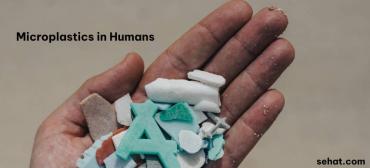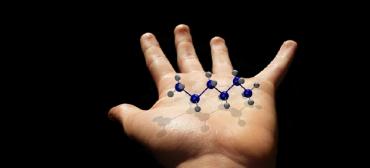Other Causes and Risk Factors For Skin Cancer
What does tanning do to the skin?
Tanning is the skin's response to ultraviolet (UV) light - a protective reaction to prevent further injury to the skin from the sun. However, tanning does not prevent skin cancer.
What are risk factors for skin cancer?
The following are possible risk factors for skin cancer:
-
Heredity People with a family history of skin cancer are generally at a higher risk of developing the disease. People with fair skin and a northern European heritage appear to be most susceptible.
-
Environment Due to a reduction of ozone in the earth's atmosphere, the level of UV light today is higher than it was 50 or 100 years ago. Ozone serves as a filter to screen out and reduce the amount of UV light that we are exposed to. With less atmospheric ozone, a higher level of UV light reaches the earth's surface.
Other factors that contribute to skin cancer:
-
Multiple nevi (moles) or atypical moles
-
Exposure to coal and arsenic compounds
-
Elevation Ultraviolet light is stronger as elevation increases (because the thinner atmosphere at higher altitudes cannot filter UV as effectively as it does at sea level).
-
latitude The rays of the sun are strongest near the equator.
-
Repeated exposure to x-rays
-
Scars from disease and burns
-
Immune suppression, such as in persons who have had organ transplants
-
Repeated unprotected exposure to the sun with or without sunburn
Related Questions
Fistula tetment
- 3679 Days ago
- Skin Cancer - Cancer
Fistula tetment
- 3679 Days ago
- Skin Cancer - Cancer





















